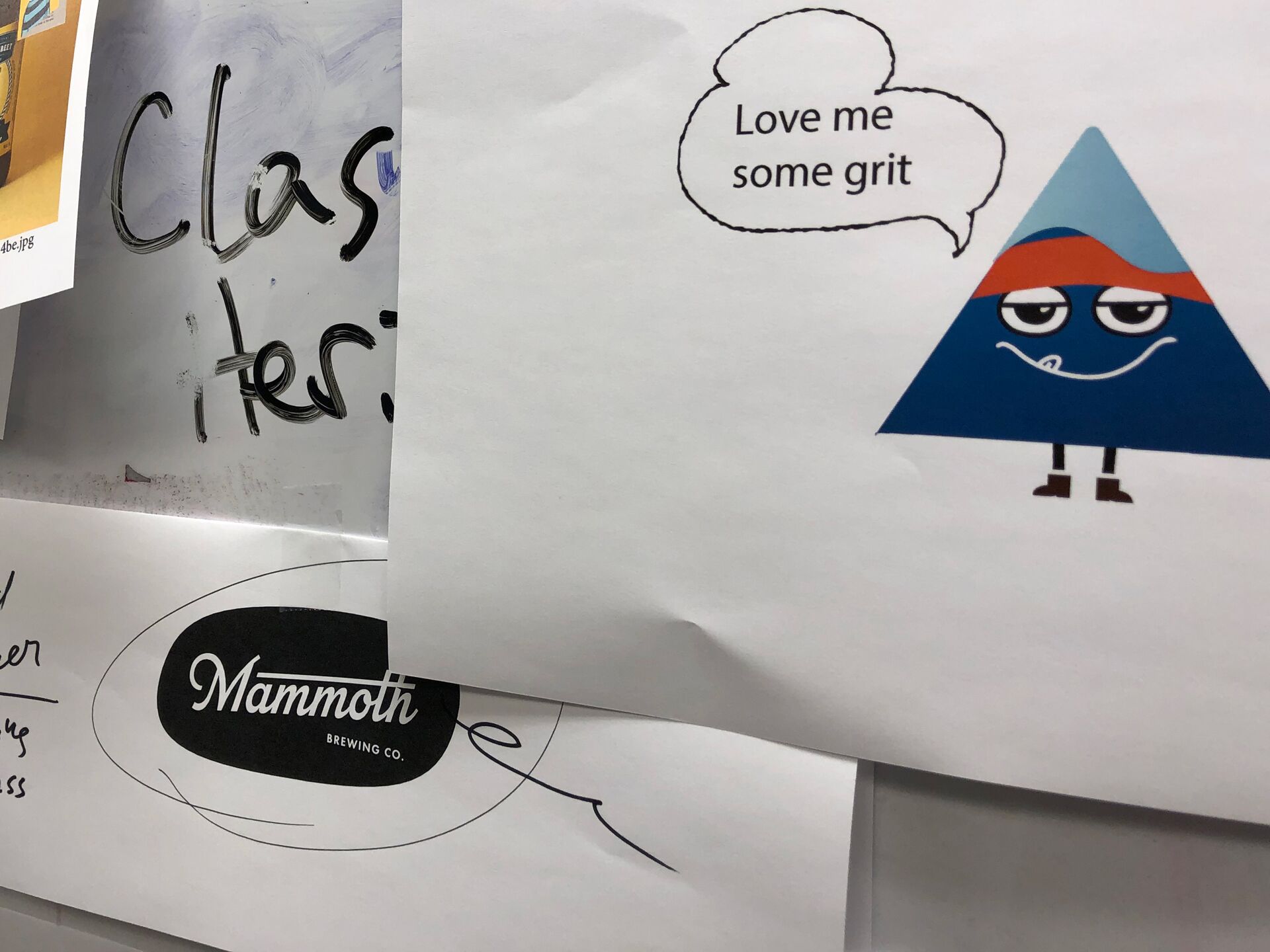Read My Mind: Consumer Expectations In A Digitally Immersed World

My husband — the nicest, most handsome man on the face of the earth — has one serious failing: He is unable to read my mind.
He can’t figure out on his own what’s bothering me. He’s completely unable to guess what I want for dinner. And when it comes to knowing where I want to go on vacation, he’s just hopeless.
Marketers increasingly find themselves in the same quandary as my husband. Web-using consumers expect that their searches will produce good results even though they’re providing less and less explicit information. Essentially, they are asking marketers to read their minds.
The change is especially profound for small businesses such as restaurants that rely heavily on search results to generate traffic.
Search Terms, Location & Other “Intent Signals”
New research from Google finds that consumers increasingly are dropping location identifiers — the words “near me” or a Zip Code — from their local searches. They expect that their phone will automatically pinpoint their location, saving them the trouble.
That’s a very big deal for restaurants and bars, especially in destinations where lots of visitors are conducting searches for everything from a great place to have breakfast to the best place in town to sample local craft beers.
But the read-my-mind trend spills all across all sorts of Web searches.
The Google research finds, for instance, that vague search terms such as “Is it going to rain today?” are on the increase, while location-specific searches — “Weather forecast for Lake Tahoe” — have remained steady.
In other words, consumers these days are expecting marketers to read their minds. They expect that marketers will be able to place their sometimes-vague search terms into context and provide relevant search results.
This trend appears to be very deep-rooted, something that’s probably going to be a core element of consumer behavior for a long time. And because it’s more than a passing fad, consumers’ desire for searches that read their minds puts more pressure on marketers to do search right.
Mobile Mind-Reading
Much of the work, of course, already has been done by smart-phone technology. Location tracking provides a wealth of context for searches. Well-established algorithms can easily provide context for questions such as whether a user is somewhere close to work (that’s where the phone is located during the day) or at home (where the phone lives at night).
For all the help that location tracking provides in establishing context for search, marketers still need to put on their thinking caps. They need to understand how their brands can make good inferences about consumers’ intentions even though they’re getting less explicit information. That’s a matter of putting ourselves inside the brains of customers, thinking through the most likely intentions of their searches and ensuring that we’re ready to meet those searches with the information that they need.
The work needs to be a priority. Brands that don’t stay abreast of changing consumer behavior may not be able to catch up later on. A resort-area restaurant that doesn’t anticipate the intentions of visitors is almost certain to lose a share of its market.
In Conclusion
Brands that are proactive, the ones that get in step with read-my-mind consumers, are likely to reap benefits quickly. Google found a couple of years ago that almost two-thirds of consumers say they’re more likely to buy from companies whose apps and mobile sites identify their location and use it to deliver customized information.
If you think about it, there’s nothing really new here. Successful marketers always have been the ones who are able to gather all sorts of contextual information that allows them to understand the expectations of their customers.
But I’m not going to make you read my mind about my intentions in telling you all this. The Abbi Agency has a deep bench of team members who are skilled at ensuring that mobile sites and apps meet the demands of today’s read-my-mind consumers. And we love working with big-company marketers and small business owners alike to deliver results.
Interested in learning more? Give me a call, drop me a line.



